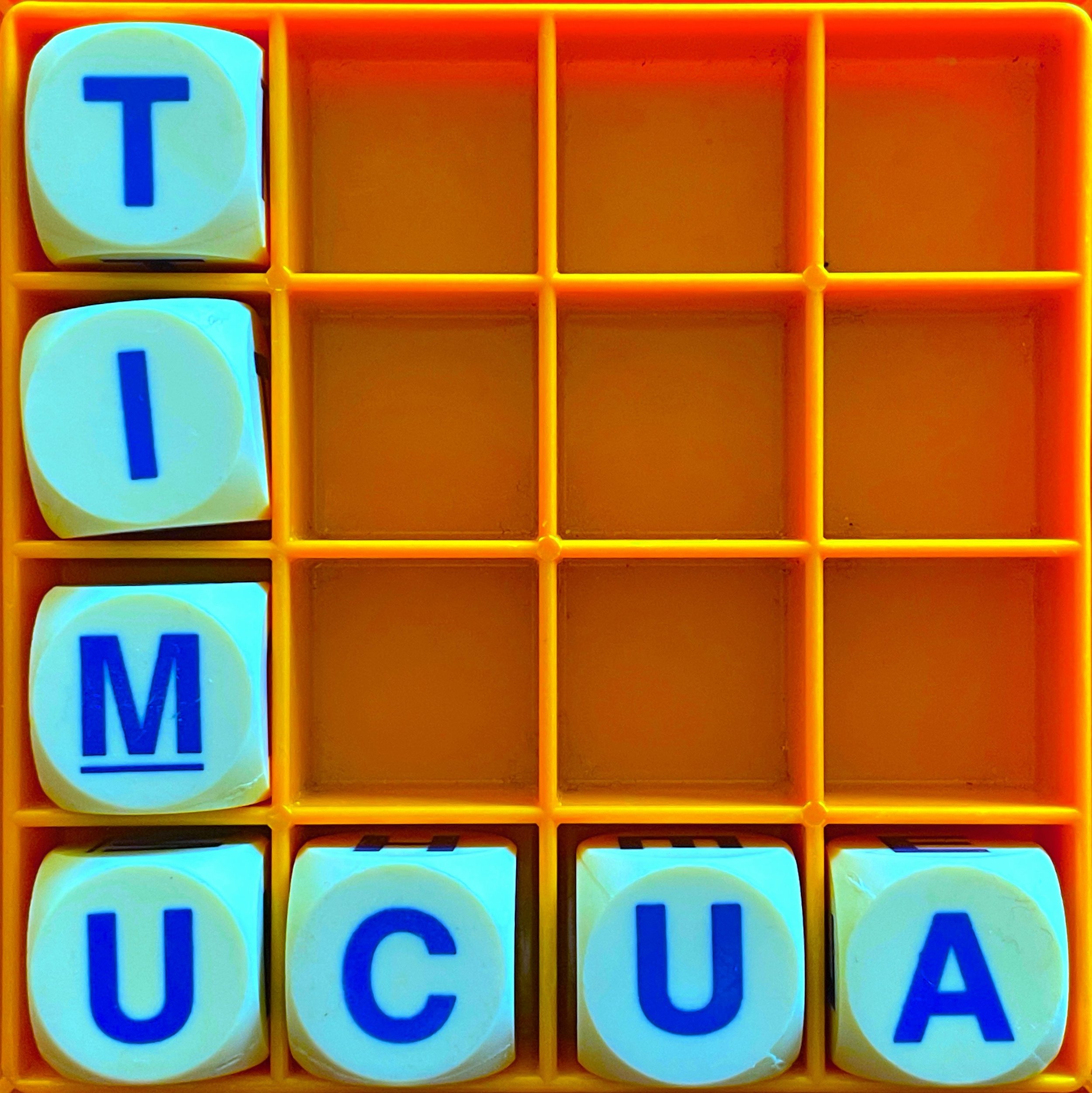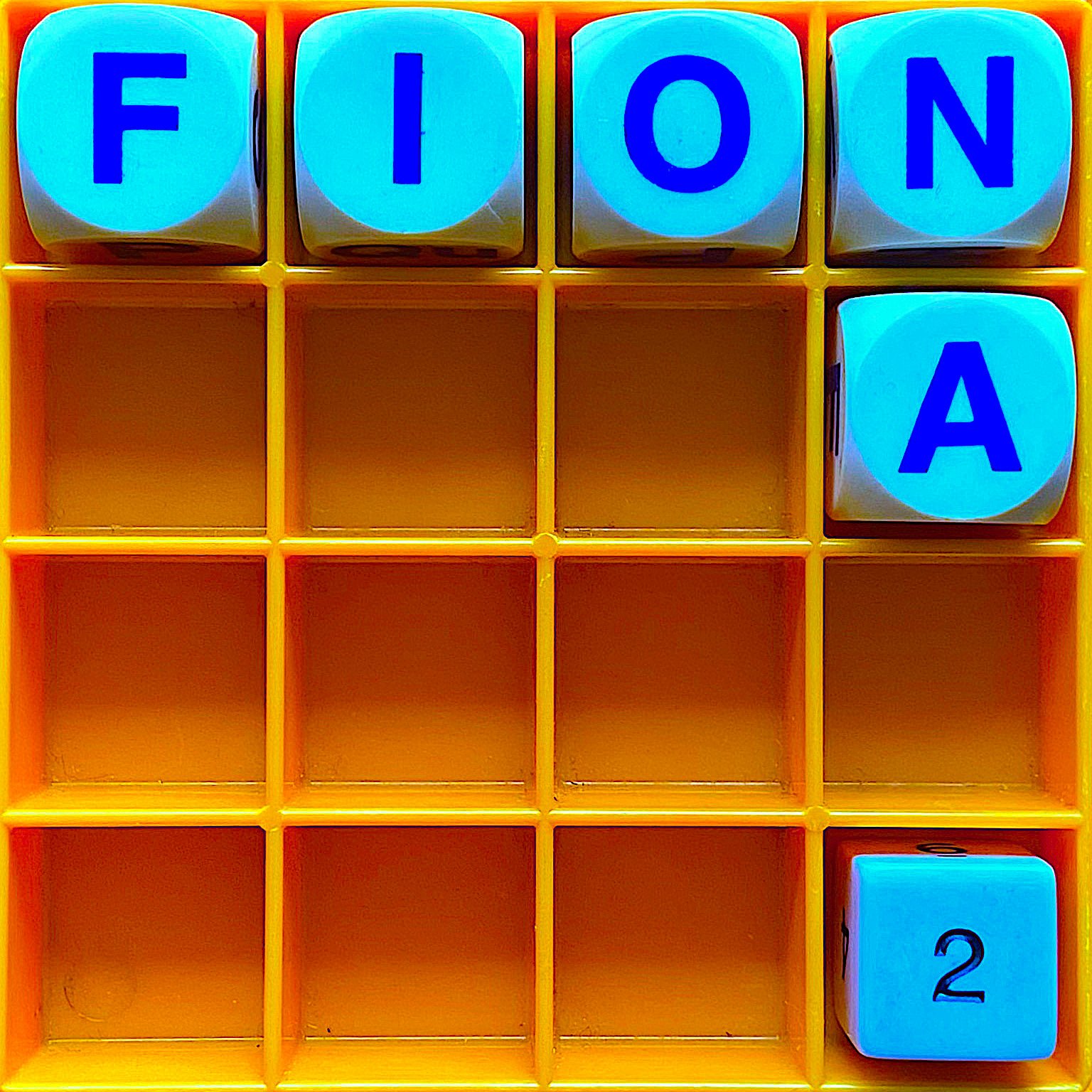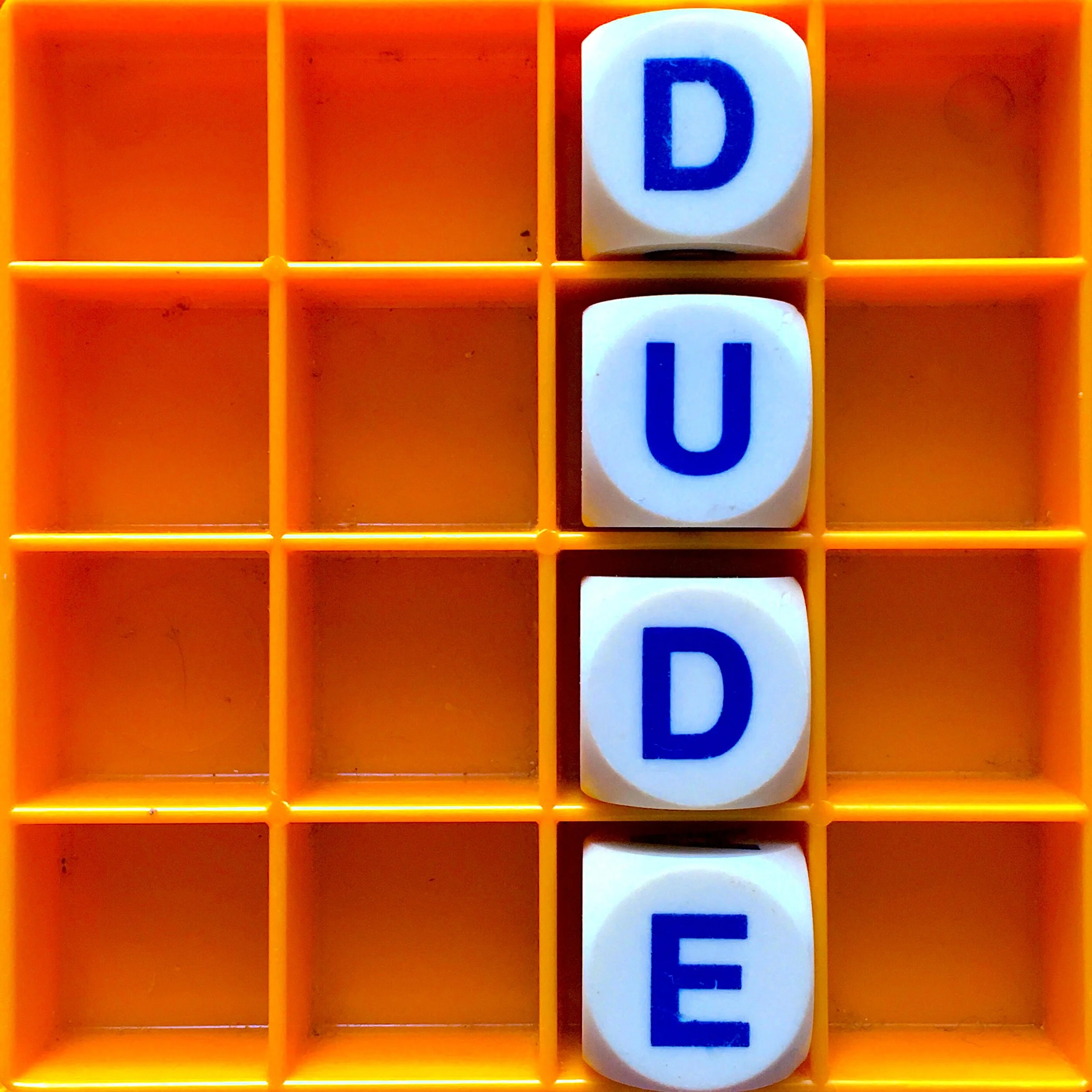Ten years ago, on the fourth ever episode of the show, I investigated why the C-word is considered a worse swear than the others. Since then - well really just in the last three years or so - there has been a huge development: the word has hit the mainstream as a compliment, in the forms of serving it and -y. Linguists Nicole Holliday and Kelly Elizabeth Wright discuss these uses of the word originating in the ballroom culture of New York City in the 1990s, and what it means to turn such a strong swear into praise.
Read moreAllusionist 198: Queer Arab Glossary
Since 2019, Marwan Kaabour has been collecting Arabic slang words used by and about queer people, first for the online community Takweer, and now the newly published Queer Arab Glossary. "When researching for this book, I discovered so much of the sociopolitical, cultural, linguistic, and historical layers that make up the words," he says. He also discovered quite a lot about frying, white beans and worms (metaphorical ones).
Read moreAllusionist 187. Bonus 2023
It's our annual end of year parade of all the extra good stuff this year's podguests talked about, including a mythical disappearing island, geese, human dictionaries, the dubious history of the Body Mass Index, Victorian death department stores, and much more.
Read moreAllusionist 183. Timucua
When Spanish missionaries arrived in what is now called Florida, there were 100,000-200,000 Timucua people in the region. Just two centuries later, there were fewer than 100. Soon, with all the people who spoke it dead, the Timucua language died out, too, preserved only in a few Spanish-Timucua religious texts.
In the 21st century, linguistic anthropologist Aaron Broadwell and historian Alejandra Dubcovsky have been decoding and translating these texts to understand the Timucua language and the people who were writing it down.
Read moreAllusionist 166. Fiona part 2
“I don't think that anyone should come away from this conversation not wanting to use the name Fiona. I think this is a beautiful and rich history. It might not be quite the history that you imagined, but I think it's a beautiful history," says writer and performer Harry Josie Giles. She and PhD researcher Moll Heaton-Callaway investigate this complicated name with fascinating history, in this second of a pair of episodes about the name Fiona.
Read moreAllusionist 165. Fiona part 1
A lot of people assume that Fiona is a very old Scottish name, but the first known Scottish Fiona is from the 1890s: Fiona Macleod, the enormously popular novelist of Scotland's Celtic Revival movement. But when she suddenly stopped writing in 1905...and there turned out to be far more surprises about Fiona Macleod than the novelty of her name. Writer and performer Harry Josie Giles and PhD researcher Moll Callaway-Heaton consider the first Scottish Fiona.
This is part one of a pair of episodes about the name Fiona; part two will explore the etymology of the name and similar ones in various languages, and examine the first appearance of Fiona in literature, which comes with its own cocktail of complication.
Read moreAllusionist 157. Queerbaiting
The term 'queerbaiting' has evolved from meaning entrapment to marketing ploy to drawing "queer audiences into a piece of media that has no intention of actually meaningfully exploring queerness" says Leigh Pfeffer, host and producer of the podcast History Is Gay. Leigh tracks where the word's various incarnations came from, and why it should not be confused with 'queer coding'
Read moreAllusionist 147. Survival: Today, Tomorrow part 2
"It's really good if we can get the changes through here - that can be an inspiration for other other countries or other places in the world," says Þorbjörg Þorvaldsdóttir, chair of Samtökin ’78, the national queer organization of Iceland. In 2019, Iceland passed the Gender Autonomy Act, which added an option for people to register their official gender as X; with it, the country's strictly binary-gendered naming laws were suddenly transformed. Other changes, like a new genderfree pronoun, are catching on; but overhauling a whole grammatically gendered language is no easy undertaking.
Read moreAllusionist 145. Parents
When you're trans and pregnant, some of the vocabulary of pregnancy, birth and parenting might not fit you. In face, some of it might not even work for people of ANY gender. Trans parents Freddy McConnell and CJ talk about gender-additive language, inclusive for women and other genders, and about how in English law, the word 'mother' becomes semantically very complicated indeed.
Read moreAllusionist 137. Dude
Exclamation; sign of agreement OR disapproval; gendered, but circumstantially gender-neutral; term of endearment: 'dude' can do it all! But its connotations of a laid-back, cool, masculine person are only a few decades old; before that, it meant...an uptight city-dwelling tourist?? Dude, seriously!
Read more









